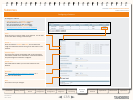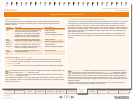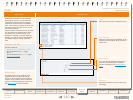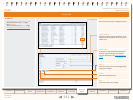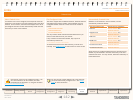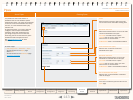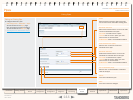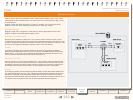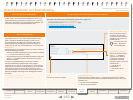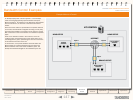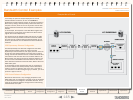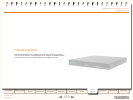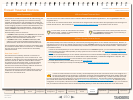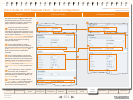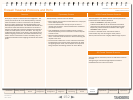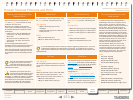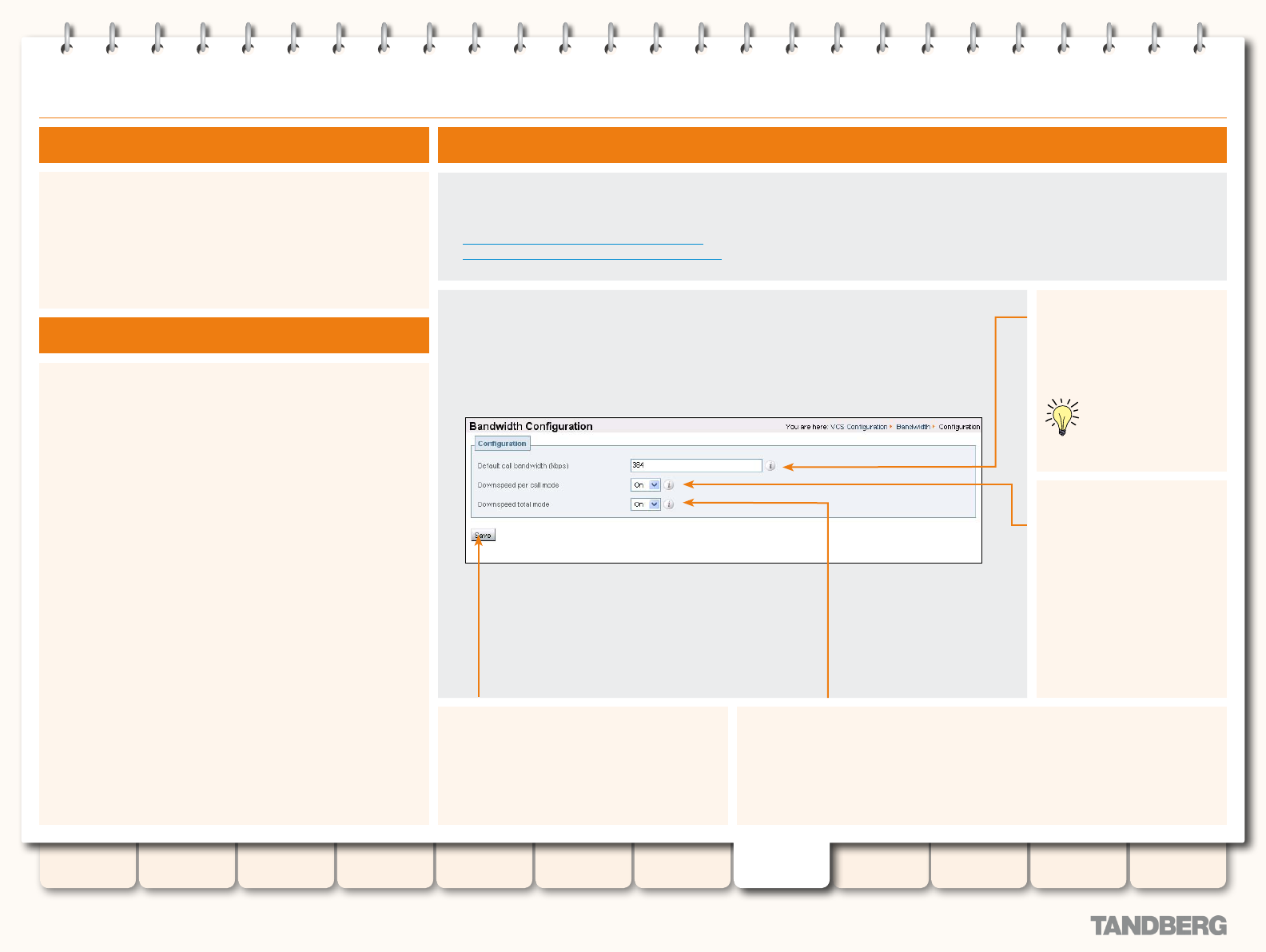
146
D14049.04
JULY 2008
Grey Headline (continued)
TANDBERG VIDEO COMMUNICATIONS SERVER
ADMINISTRATOR GUIDE
Introduction Getting Started
Overview and
Status
System
Conguration
VCS
Conguration
Zones and
Neighbors
Call
Processing
Bandwidth
Control
Firewall
Traversal
Appendices
Applications Maintenance
Default Bandwidth and Downspeeding
If bandwidth control is in use, there may be situations when
there is insufcient bandwidth available to place a call at
the requested rate. By default (and assuming that there is
some bandwidth still available) the VCS will still attempt to
connect the call, but at a reduced bandwidth – this is known as
downspeeding.
Downspeeding can be congured so that it is applied in either or
both of the following scenarios:
when the requested bandwidth for the call exceeds the lowest
•
per-call limit for the subzone or pipe(s)
when placing the call at the requested bandwidth would mean
•
that the total bandwidth limits for that subzone or pipe(s)
would be exceeded.
You can turn off downspeeding, in which case if there is
insufcient bandwidth to place the call at the originally
requested rate, the call will not be placed at all. This could be
used if, when your network is nearing capacity, you would rather
a call failed to connect at all than was connected at a lower
than requested speed. In this situation users will get one of the
following messages, depending on the message that initiated
the search:
Exceeds Call Capacity
•
Gatekeeper Resources Unavailable
•
About the Default Call Bandwidth
The default call bandwidth and downspeeding behavior are congured via:
VCS Conguration > Bandwidth > Conguration
•
.
You will be taken to the Bandwidth Conguration page.
xConguration Bandwidth Defaul
•
t
xConguration Bandwidth Downspee
•
d
Default call bandwidth (kbps)
Enter the bandwidth value to
be used for calls for which
no bandwidth value has been
specied by the system that
initiated the call.
This value cannot be
blank. The default
value is 384 kbps.
Downspeed per call mode
Determines what will happen
if the per-call bandwidth
restrictions on a subzone
or pipe mean that there
is insufcient bandwidth
available to place a call at the
requested rate.
On: the call will be
downspeeded.
Off: the call will not be
placed.
Downspeed total mode
Determines what will happen if the total bandwidth restrictions on a subzone
or pipe mean that there is insufcient bandwidth available to place a call at the
requested rate.
On: the call will be downspeeded.
Off: the call will not be placed.
Save
Click here to save your changes
Usually, when a call is initiated the endpoint will include in the
request the amount of bandwidth it wishes to use. For those
cases where the endpoint has not specied the bandwidth, you
can set the VCS to apply a default bandwidth value.
Conguring Default Call Bandwidth and Downspeeding
About Downspeeding



